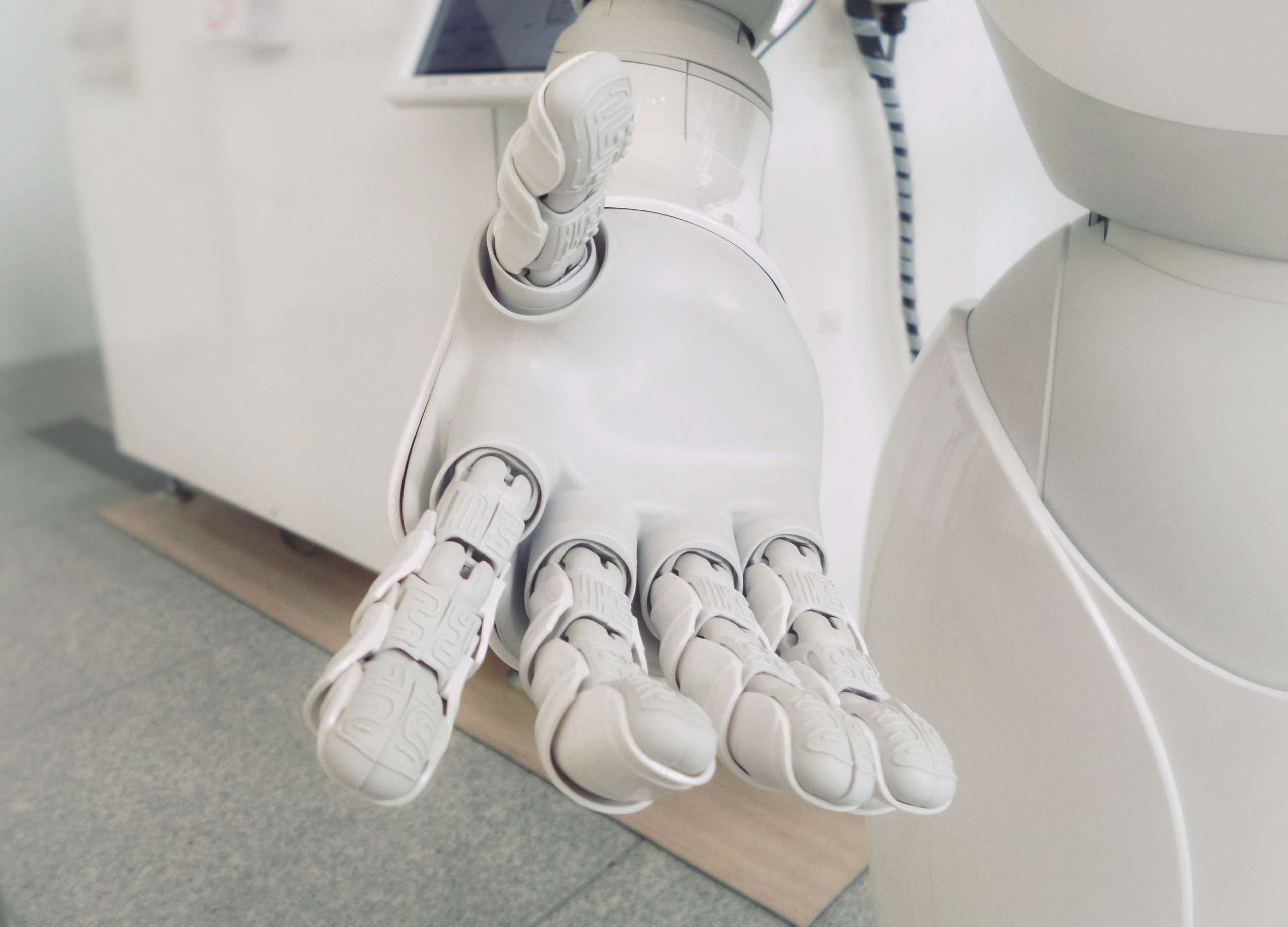Artificial Intelligence (AI) has become one of the most prominent technological advancements of our time, permeating various aspects of society. From healthcare and finance to transportation and entertainment, AI systems are reshaping industries and transforming the way we live and work. However, as the influence of AI grows, so too does the need for critical examination of its ethical implications. This scholarly editorial aims to delve into the complex ethical landscape surrounding AI, raising important questions and offering insights into responsible AI development and deployment.
AI systems possess the power to analyze vast amounts of data, make predictions, and automate decision-making processes. This power, if not wielded responsibly, can perpetuate biases, infringe on privacy rights, and create unintended societal consequences. The responsibility lies with researchers, developers, policymakers, and society as a whole to ensure that AI technologies are designed, implemented, and governed ethically.
One of the pressing ethical challenges associated with AI is algorithmic bias. AI algorithms are only as unbiased as the data they are trained on. If training data contains inherent biases or reflects societal inequalities, AI systems can inadvertently perpetuate and amplify these biases. It is imperative to adopt rigorous methods to identify and mitigate biases throughout the AI development process. Diverse and inclusive teams, multidisciplinary collaboration, and transparent reporting can help address biases and promote fairness in AI decision-making.
AI technologies often rely on vast amounts of personal data, raising concerns about privacy and security. Striking a balance between leveraging data for innovation and safeguarding individuals’ privacy rights is essential. Privacy-enhancing techniques, robust data anonymization, and clear data governance frameworks can ensure that AI systems respect privacy while still delivering valuable insights. Moreover, attention must be given to securing AI systems against cyber threats, ensuring data integrity, and preventing unauthorized access or manipulation.
As AI systems become increasingly autonomous, questions of responsibility and accountability arise. Who should be held responsible when an AI system makes a harmful decision or perpetuates harm? Should AI systems have the ability to explain their decision-making processes? Establishing clear legal and ethical frameworks that define liability, transparency, and accountability is crucial. It is imperative that developers integrate mechanisms for explainability and accountability into AI systems, enabling humans to understand and challenge the decisions made by AI algorithms.
The rapid adoption of AI also raises concerns about its impact on employment and social inequality. Automation driven by AI can disrupt traditional job markets, leading to job displacement and exacerbating socioeconomic inequalities. It is necessary to foster an inclusive transition by investing in reskilling and upskilling programs, promoting lifelong learning, and ensuring that the benefits of AI are shared equitably across society. Ethical considerations must be at the forefront of policy decisions to mitigate the potential negative consequences of AI on labor markets and social structures.
As AI continues to evolve and shape our world, ethical considerations must be at the forefront of its development and deployment. By recognizing the potential risks, addressing biases, protecting privacy, fostering accountability, and promoting social equality, we can harness the transformative power of AI for the betterment of humanity. Collaboration among researchers, policymakers, industry leaders, and ethicists is paramount to navigate the ethical complexities of AI and ensure that it aligns with our shared values and aspirations. By doing so, we can build a future where AI serves as a force for good, empowering individuals, enhancing decision-making, and fostering a more inclusive and just society.

